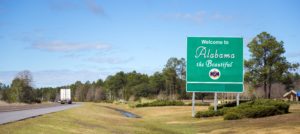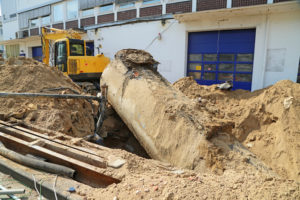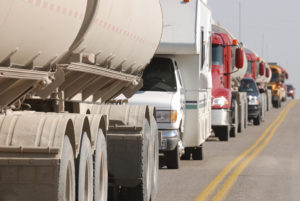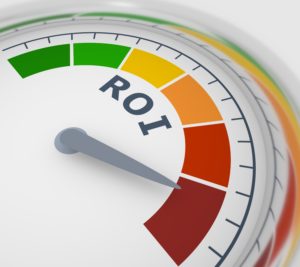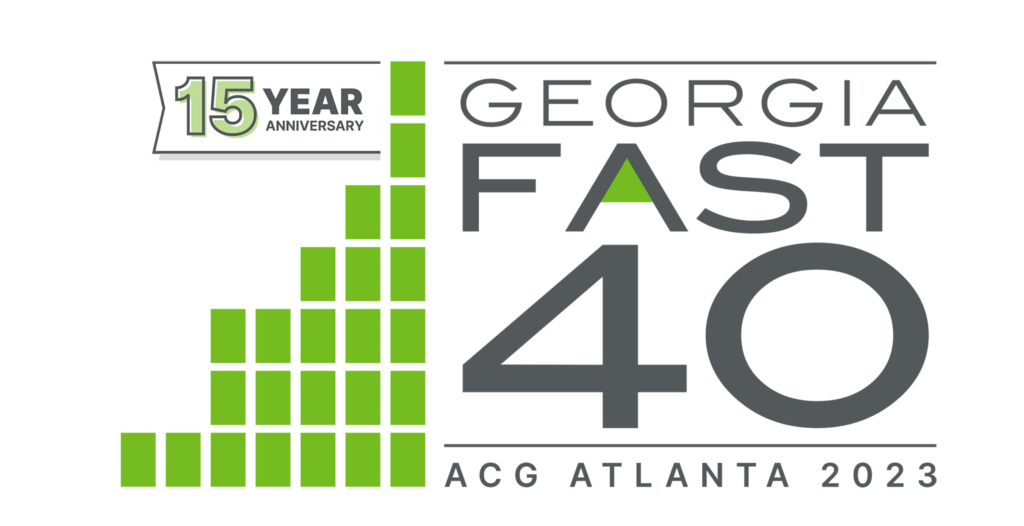We’re sure you’ve heard it, “the moment to prepare for a disaster is not after the disaster.” After a disaster your brain is all over the place, you’re thinking of your loved ones, your possessions, and yourself. If you’re running a business, you’re thinking of how to keep going, your bills don’t stop so your business can’t stop either. Here we have laid out just a few tips on how to plan for disasters and manage your business after a disaster happens.
Planning for Disaster Recovery
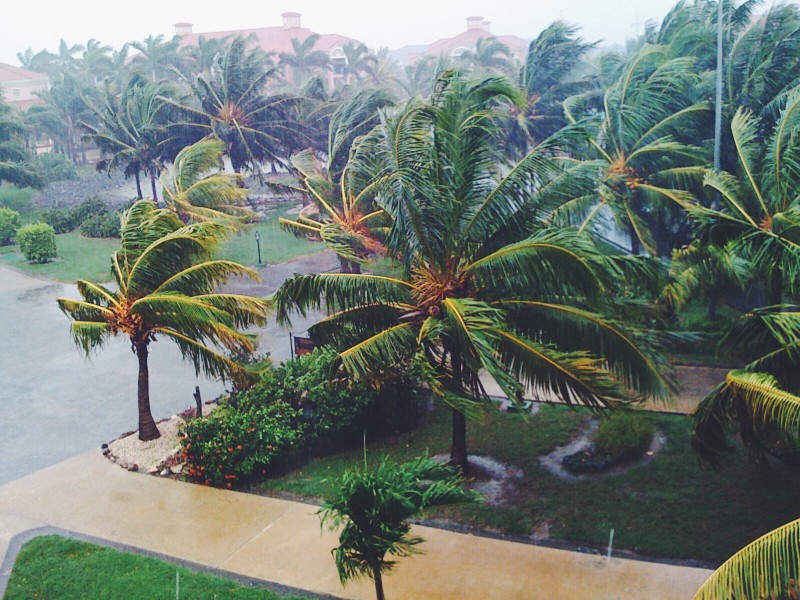
Fuel
The reality is fuel is just like any other product. Prices vary based on demand and supply. During disaster seasons like hurricane season, prices can surge and drastically affect your bottom dollar. Don’t wait until it’s too late to partner with a quality fuel provider. By locking in a contract, you don’t have to worry about skyrocketing the prices of fuel.
This helps protect you from going over budget. This also allows you to pass savings onto your customers. If your competitor doesn’t have a fuel contract locked down, their prices will skyrocket to compensate for the new prices. Your prices will be that much more attractive when you don’t have to skyrocket prices.
Carrier
It’s important to forge strong working relationships with carriers prior to a disaster recovery season. If your current fuel supplier can’t meet your needs for x y or z you need help. That’s why it’s important to have relationships with multiple carriers. You need plans for this and that and that. Make sure that your backup plans have backup plans. In times of crisis and during a disaster you can’t be worried about who you’re going to turn to. You need to know and be ready to turn to them.
Multiple plans
Finding reliable fuel suppliers and having multiple backups might not be enough. The reality is no one can foresee exactly how a disaster will affect them. It’s important that your drivers know how and when they are going to fuel up. You need multiple disaster recovery contingency plans in place.
If you’ve been using your own resources, try reserving them for after the storm. There should be a protocol that you follow when fuel is scarce. During hurricane season it’s important to be flexible and able to react in a moment. This allows you to avoid panic and ensure your fleet stays moving.
Don’t Only Trust Local Producers
There is a sang that “local assets have local problems” therefore if you’ve experienced a disaster like a hurricane, chances are your local fuel supplier has to. Another smaller example is, that if your electricity is out, chances are your local supplier’s electricity is out as well. It’s important to diversify with a supplier that can deliver assets outside of their own region.
Devising a Disaster Recovery Plan
If you are devising your disaster plan, make sure you have a quality fuel partnership.
We help businesses get the fuel they need, when they need it, however they need it! We have a large footprint, allowing us to get fuel to you wherever you are located, a history of disaster response, and have been able to produce resources when local producers couldn’t.
